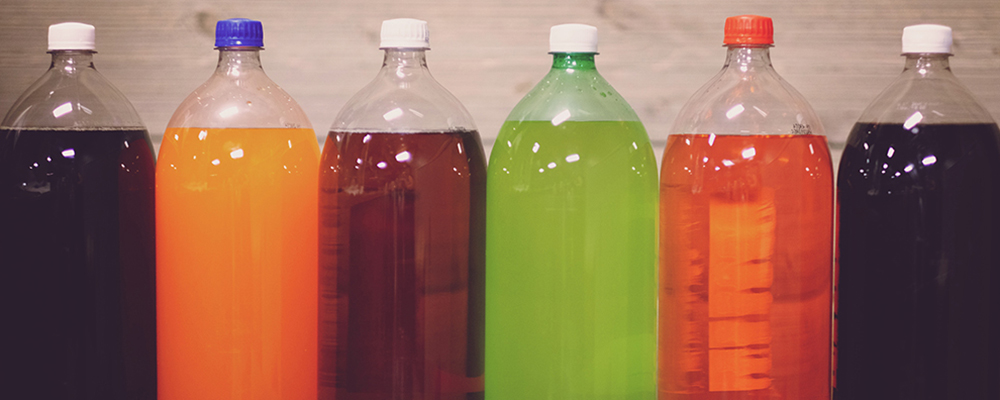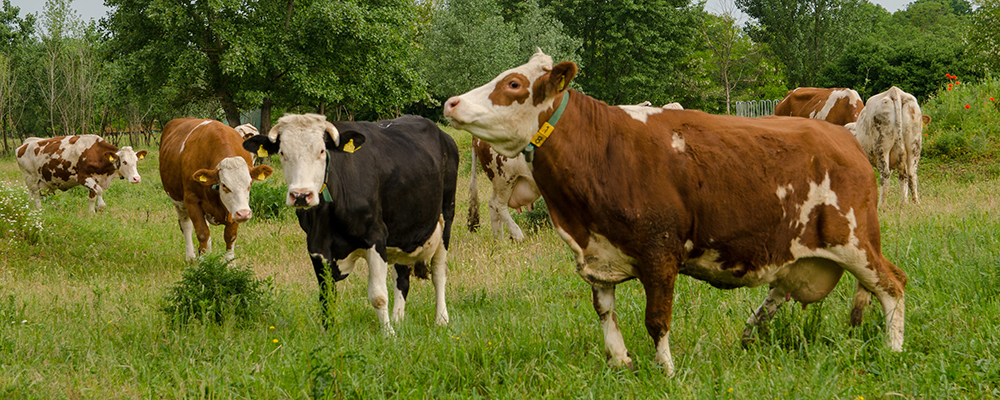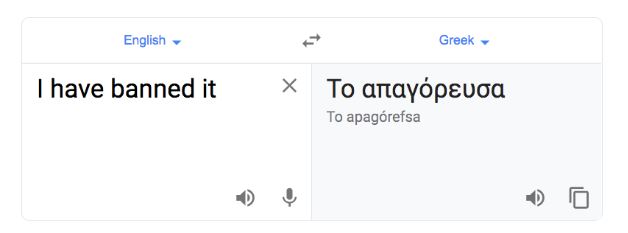[vc_row css_animation=”” row_type=”row” use_row_as_full_screen_section=”no” type=”full_width” angled_section=”no” text_align=”left” background_image_as_pattern=”without_pattern”][vc_column][vc_single_image image=”32402″ img_size=”1000px” qode_css_animation=””][qode_content_slider auto_rotate=”0″ direction_nav=”yes” control_nav=”yes” control_nav_justify=”no”][qode_content_slider_item]

Plastic Water Bottles – Earlier this year, San Francisco International Airport announced it was prohibiting the sale of plastic water bottles at its airport shops and restaurants.
[/qode_content_slider_item][qode_content_slider_item]

Cars that run on gas and diesel – Some California lawmakers want to outlaw the sale of gas-powered cars in the Golden State.
[/qode_content_slider_item][qode_content_slider_item]

Sugary drinks – Lawmakers have outlawed the sale of soda in vending machines on school campuses. In addition, they want to impose a host of new taxes and regulations – including warning labels – on the sale of sodas in California.
[/qode_content_slider_item][qode_content_slider_item]

Plastic straws – Last year, California lawmakers banned full-service restaurants in the state from handing out single-use plastic straws to customers.
[/qode_content_slider_item][qode_content_slider_item]

Meat – Citing global warming, a growing chorus is calling on the prohibition of the production and sale of meat products in the United States.
[/qode_content_slider_item][qode_content_slider_item]

Hotel amenities – Lawmakers just enacted legislation to prohibit hotels in California from handing out little bottles of shampoo and lotion to its guests.
[/qode_content_slider_item][qode_content_slider_item]

Worker freedom – In the aftermath of the Janus decision, lawmakers in California have made it as difficult as possible for disaffected union members to exercise their newly-won worker freedoms.
[/qode_content_slider_item][qode_content_slider_item]

“Manhole” covers – The city of Berkeley recently moved to eliminate the term “manhole” cover amid a push for a gender-neutral city code, moving instead to call them “maintenance holes.”
[/qode_content_slider_item][/qode_content_slider][/vc_column][vc_column][/vc_column][/vc_row][vc_row css_animation=”” row_type=”row” use_row_as_full_screen_section=”no” type=”full_width” angled_section=”no” text_align=”left” background_image_as_pattern=”without_pattern”][vc_column][/vc_column][/vc_row][vc_row css_animation=”” row_type=”row” use_row_as_full_screen_section=”no” type=”full_width” angled_section=”no” text_align=”left” background_image_as_pattern=”without_pattern”][vc_column][/vc_column][/vc_row]
The California state motto is “Eureka,” Greek for “I have found it.” Says State Symbols USA, “famed Greek mathematician Archimedes is said to have exclaimed ‘Eureka!’ when he finally discovered a method for determining the purity of gold.”
The motto was adopted in 1963. In 2020, the state should replace it with “To Apagórefsa,” which is Greek for “I have banned it.”
 The recently completed legislative session produced a number of prohibitions and near-prohibitions, including the potential abolishment of charter schools, and increased infringement on the right to bear arms. There were also outright bans of private, for-profit prisons and immigration detention centers; the plastic shampoo, conditioner, and body wash bottles handed out at hotels; and the sale or manufacture of fur.
The recently completed legislative session produced a number of prohibitions and near-prohibitions, including the potential abolishment of charter schools, and increased infringement on the right to bear arms. There were also outright bans of private, for-profit prisons and immigration detention centers; the plastic shampoo, conditioner, and body wash bottles handed out at hotels; and the sale or manufacture of fur.
A long but still only partial list of things that have been, and likely will be, banned statewide or locally include:
Single-use plastic bags
Plastic straws
Plastic utensils
Polystyrene food containers
Raw milk sales
Sugary drinks
Paper consumer receipts
Electricity generated by fossil fuels
Automobiles with gasoline and diesel engines
Free toys with children’s fast-food meals
Manholes (and other “gender-preference” words in the English language)
Car repair and maintenance on private property
Government employee travel to at least 11 states
Obviously, some of the prohibitions are just infuriating inconveniences. They don’t inflict serious harm. But some are damaging, particularly Sacramento’s war on charter schools. Assembly Bill 1505, a gift to the teachers unions, is intended “to cripple California’s charter schools sector,” says Lance Izumi, PRI’s senior director of education studies.
“There’s not going to be virtually any new charter schools – or very few charter schools – authorized under this new regime,” Izumi said in a recent PRI podcast, “and I think that is a travesty and a tragedy for the children of California.”
Eliminating fossil fuels to generate electricity is also risky. Will the technology be in place by the 2045 deadline to make the transition? If so, what will be the costs, especially to the poor, who are always hurt the most by high energy bills? And will it be reliable? So many questions, so few confidence-inspiring answers.
Natural gas bans are also more than an inconvenience. Though not as costly renewables, electricity, which is quite expensive in California, is generally harder on the wallet than natural gas. The Orange County Register has reported that, depending on where rates go, annual energy costs for new all-electric Bay Area homes could be $400 a year higher for houses and $200 higher for apartments “over gas and electric households.”
Forbidding even the most mundane isn’t a new direction for California. More than seven years ago, Reason magazine editor Matt Welch wrote “California Aims to Ban Everything You Might Do, Including Passing New Bans.” In 2014, Reason polling director Emily Ekins wrote in the Orange County Register that “California and New York seem to be in a race to outdo each other and to ban everything.”
It’s a disturbing trend. But alarming developments aren’t new to this state, either. Things have been troubling for some time.
Kerry Jackson is a fellow with the Center for California Reform at the Pacific Research Institute.
